Trump, Congress playing back and forth game over Iran deal: Writer
Donald Trump and the US Congress are playing a back and forth game over the Iran nuclear agreement, where Trump is reluctant to take a definitive decision regarding the deal and Congress is incapable of shouldering the president’s irresponsible behavior, an American writer and retired professor says.
James Petras, who has written dozens of books on international issues, made the remarks in an interview with Press TV on Thursday after Congress missed a deadline to decide on re-imposing anti-Iran sanctions, which were lifted under the 2015 nuclear deal.
On October 13, Trump, who had described the accord as “the worst deal ever,” refused to certify that Iran was complying with the agreement, officially called the Joint Comprehensive Plan of Action (JCPOA), under a domestic US law and directed his administration “to work closely with Congress and our allies to address the deal’s many serious flaws.”
Under the deal, Washington agreed to waive nuclear-related sanctions in exchange for Tehran restricting its nuclear program. Trump’s senior advisers have been warning him that other signatories to the JCPOA, including European allies, were unlikely to reimpose their own sanctions if the US decided to withdraw from the deal.
In 2015, Congress passed the Iran Nuclear Agreement Review Act. The law, among other things, requires the president to certify every 90 days that Iran is complying with the terms of the deal and that continuing to waive sanctions is in the “national security interests of the United States.”
President Trump has already done that twice - albeit reluctantly.
Congress was given by the White House until December 12 to decide whether to impose economic sanctions on Tehran again.
“It’s very clear by the way the Congress and the president are playing this game back and forth. The world opinion is very much opposed to the US sabotaging the agreement that was signed between six major countries and Iran,” Professor Petras said.
“There is no one except for Israel that is opposed to the nuclear agreement between Europe, the United States and Iran,” the analyst stated.
“The fact that Trump denounced the agreement under the advice of his Zionist advisor, Mr. Kushner, [and] that he is acting in a very unilateral and irrational way, [suggests] he has not the courage to stand up for his opinions because he recognizes he has already provoked world opinion by allowing Israel to establish its capital in Jerusalem [al-Quds],” he noted.
“For him now to break the agreement will go against the position of Europe, Russia, China, and the rest of the world. So in order to do his dirty work he had to drag to Congress in. But today Congress is divided and incapable of shouldering this irresponsible behavior. So they sent it back to Trump,” the scholar said.
“Trump is now forced to make a decision against the will of the American people, against the will of the majority of the world’s opinion, governments, and people. And so he is going to be forced to make a decision which will be highly unpopular,” he pointed out.
“And having lost in election yesterday he has not the political support that he needs to carry this through, which does not mean that in a very irrational impulse that he will trying to cancel the agreement. We will now see how much power and how much rationality exist in the White House today,” he said.
On Tuesday, Republican Roy Moore, an accused child molester running for the US Senate from the deeply conservative state of Alabama, lost to his Democratic contender Doug Jones.
The vote was the most high-stakes election of 2017 and the upset victory by Jones will trim the Republican Senate majority to just 51 seats in the 100-member chamber.
The veteran commentator predicted that on the one hand Trump will “take the position against the agreement, [and] on the other hand I feel enormous pressure against him may force him to postpone the decision.”
“In the final analysis I think he will take an intermediary position in which he will postpone a decision in a definitive way. He will say: ‘We need to extend this period where no decision is being made for another three months or four months.’ So he will evade a definitive decision at this time,” the academic concluded.
48-year-old Palestinian man serving 48 life terms completes 22 years in Israeli jails
From MKO to Tondar, how Germany became safe haven for anti-Iran terror groups
Hamas open to any proposal aiming to end Gaza war: Hamdan
Role of private sector in Iran’s thriving space industry
Four Palestinians killed in Israeli strikes on West Bank
Iran warns of ‘calculated, precise’ response to Israeli aggression
After year-long genocide, Israeli military hires private firms to flatten buildings in Gaza
Malaysia working on resolution to expel Israel from United Nations










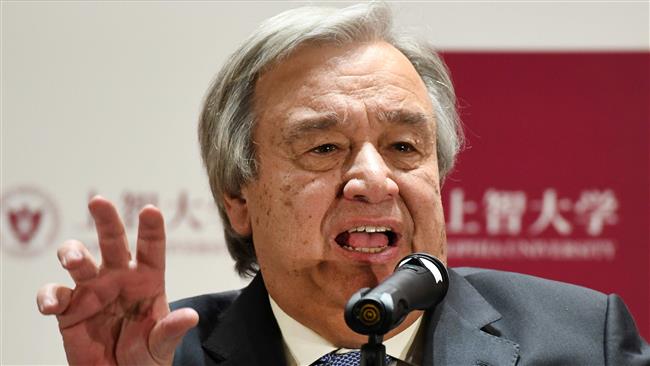
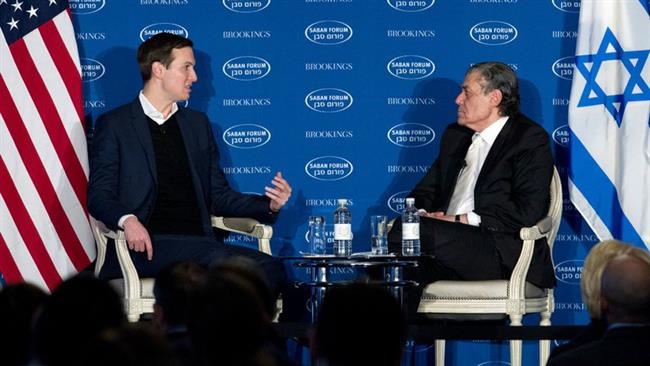
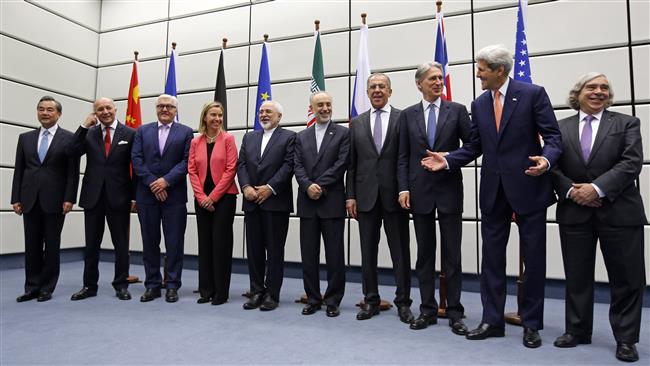
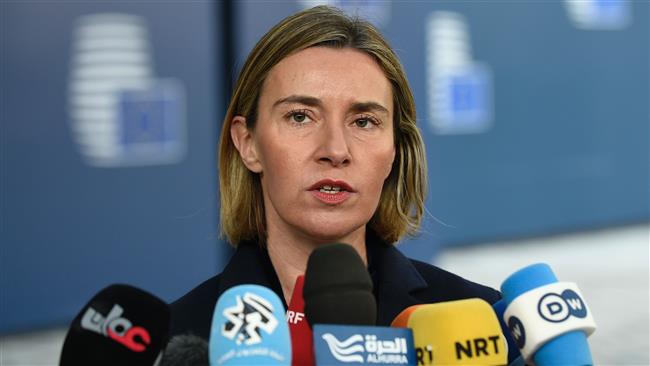
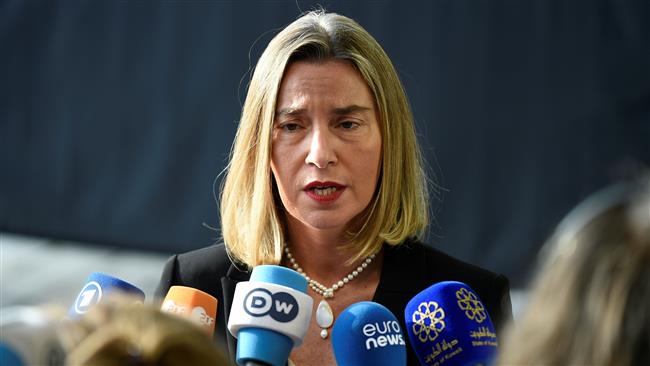
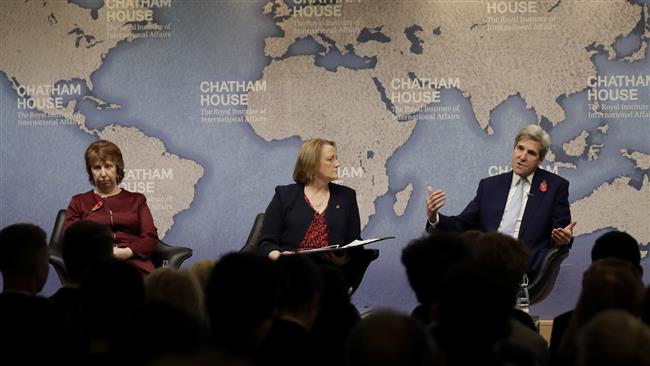
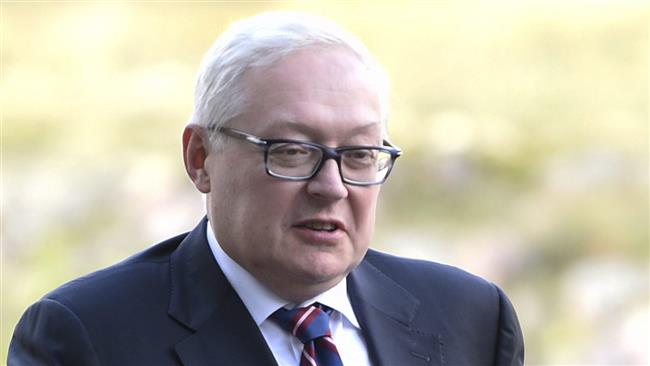


 This makes it easy to access the Press TV website
This makes it easy to access the Press TV website